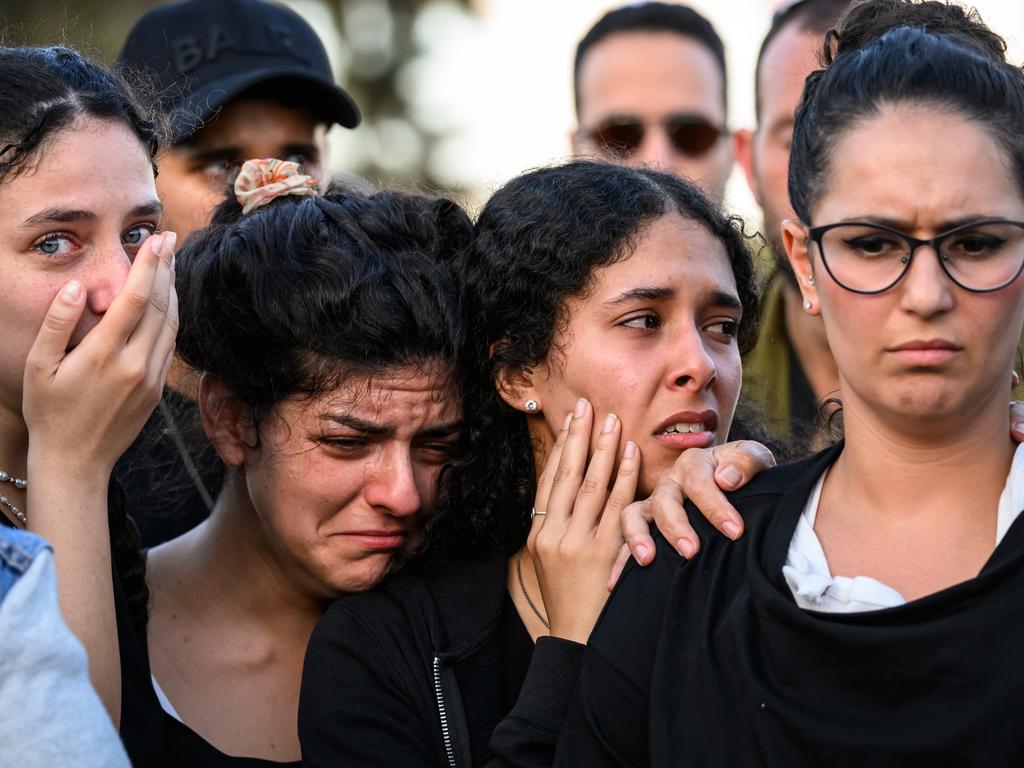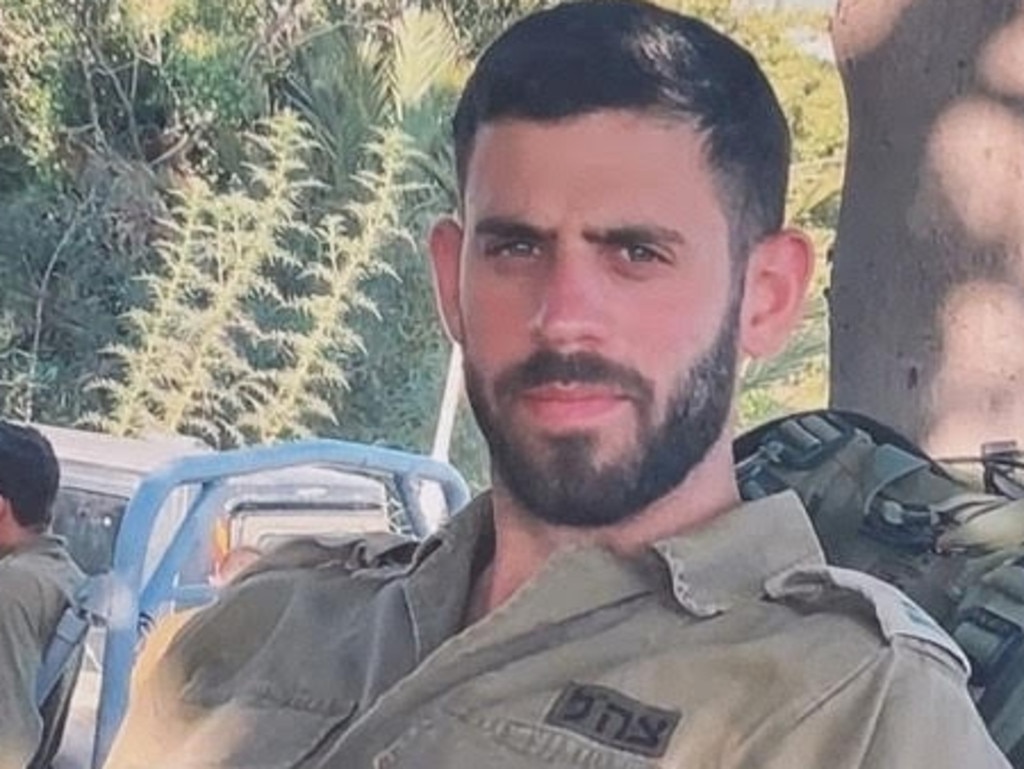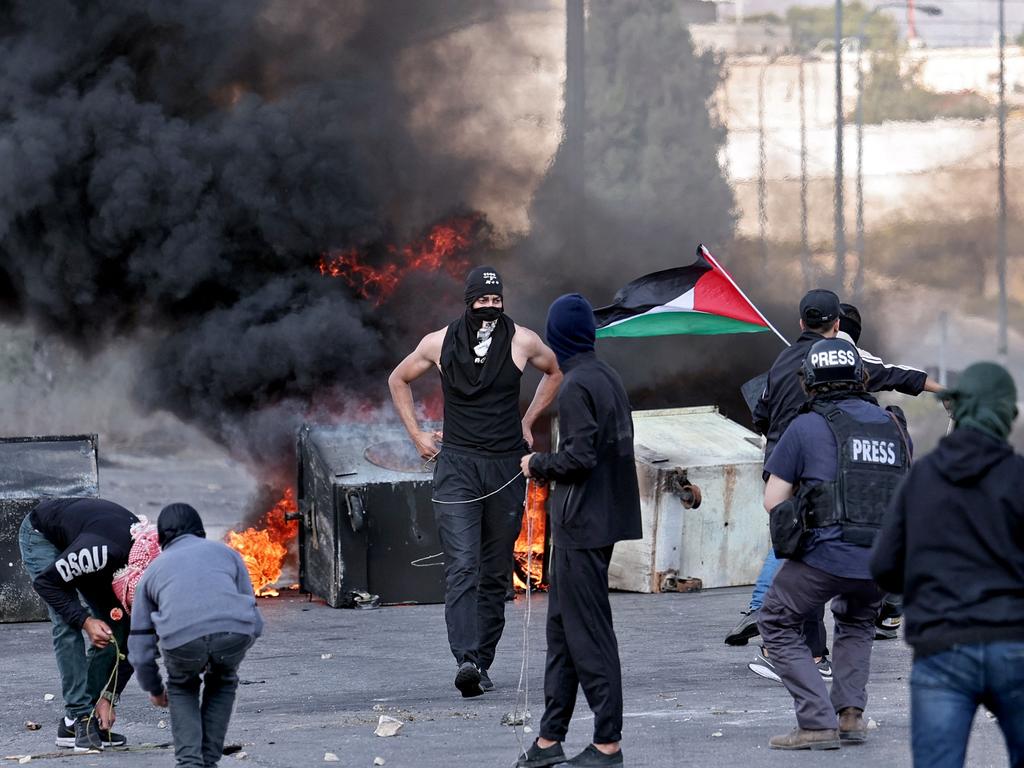Israel at war: Jerusalem’s pilgrims clear out as Gaza conflict weighs heavily on holy land
Jerusalem’s holiest sites normally heave with tourists and pilgrims, but terrorist attacks and Israel’s war-footing have led to a wholesale clear-out of the city.
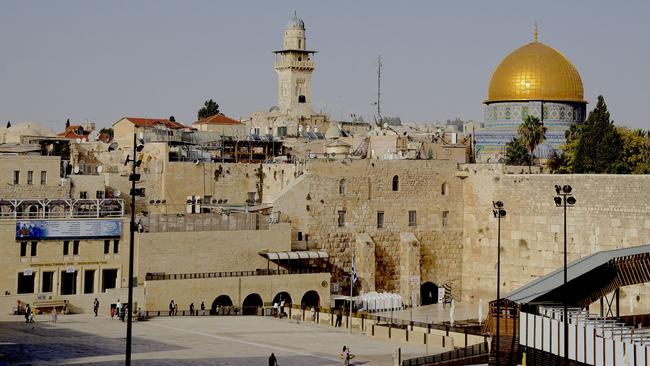
Jerusalem’s holiest sites normally heave with tourists and pilgrims, but the terrorist attacks of October 7 and Israel’s war-footing in response have led to a wholesale clear-out of the city, hobbling a local economy dependent on foot traffic.
Step through Jaffa Gate, one of eight entrances to the Old City, and a town square normally abrim with feasting, haggling and beckoning from store owners is quite clearly bereft of souls.
Still, a large number of merchants are keeping their shops open, regardless.
Down a narrow passageway that should be teeming with life one finds a smattering of men slouching in plastic chairs and sizing up anyone walking past. “We stay open,” one of them sighed. “Much better to stay open. Tourists have left the country.”
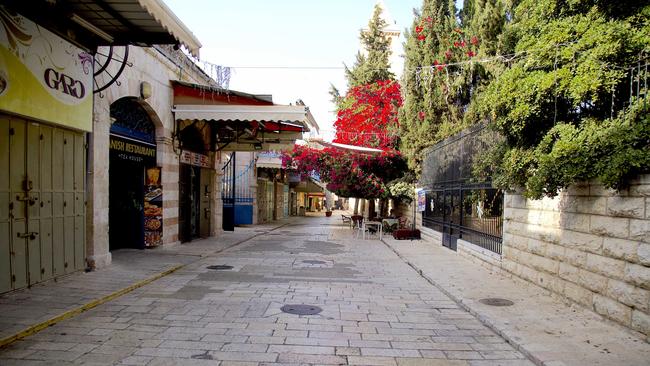
Stop to glance inside their shops and a seasoned tout, senses attuned to the slightest shift in body language, will be on their feet with questions and encouragement. “You want pomegranate juice?” one asks, rushing over to man the sluicing machine.
These are Arab-Israelis, full citizens who’ve been sitting here for years, even generations, comprising 17.2 per cent of the Jewish state’s population, according to 2020 census data. Of that cohort, about 1.1 per cent reside in the Jerusalem corridor, and those with shops here tend to own their slice of commercial real estate, meaning a sudden lack of patronage won’t put them out of business.
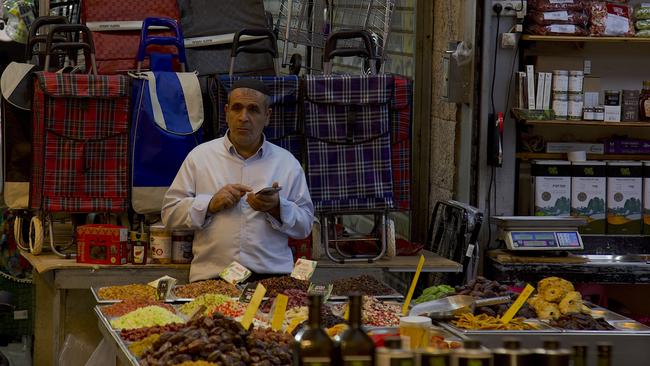
In a city as ancient and fought-over as Jerusalem, a slowdown in business is nothing new. The owners weigh a helpless shrug when asked why they stay open under the present conditions. “To kill the time,” one man said, insistent, as were others, that he not be identified.
Delve further into this labyrinth of side-alleys and cobblestone underfoot and the route winds a path to the Church of the Holy Sepulchre, believed to mark the burial site of Jesus Christ, and further still to the Western Wall.
These, and other holy landmarks, are why the great faiths have made such a millennial-length fuss over this sliver of territory, and why Donald Trump’s decision in 2020 to move the US embassy to Jerusalem, and recognise the city as Israel’s capital, was viewed as so contentious prior to any formal peace agreement with the Palestinians. The Morrison government recognised West Jerusalem as Israel’s capital in 2018, with that position reversed last year after Anthony Albanese took office.
A prudent tourist would normally set aside an hour for queuing and jostling at the sacred sites. Now they’re as empty as the first days of the Covid-19 pandemic, a rare condition allowing the few on hand to peer and browse at leisure.
Economically, the shortage of people is clearly impacting Jerusalem proper, the modern metropolis west of the old walls that have survived since the time of King David.
At the historic Machane Yehuda market, a crossroad of spices, fruits, shouting and heat-weary traders, it’s not just the trickle of tourism that’s causing introspection behind the counters.
“When you’re at war, people don’t want to come out of their houses, and if the people are coming here, the odds they’ll buy something is very low,” said Netanel Reuven, working at a stand called Wisdom of the Bourekas.
A rangy, fast-talking man of bottled intensity, he reopened one day after the October 7 massacres and became animated when asked why he bothered to stay open: “Do you think you won?” he said, effectively addressing the terrorists. “On your head, we’ll open.”
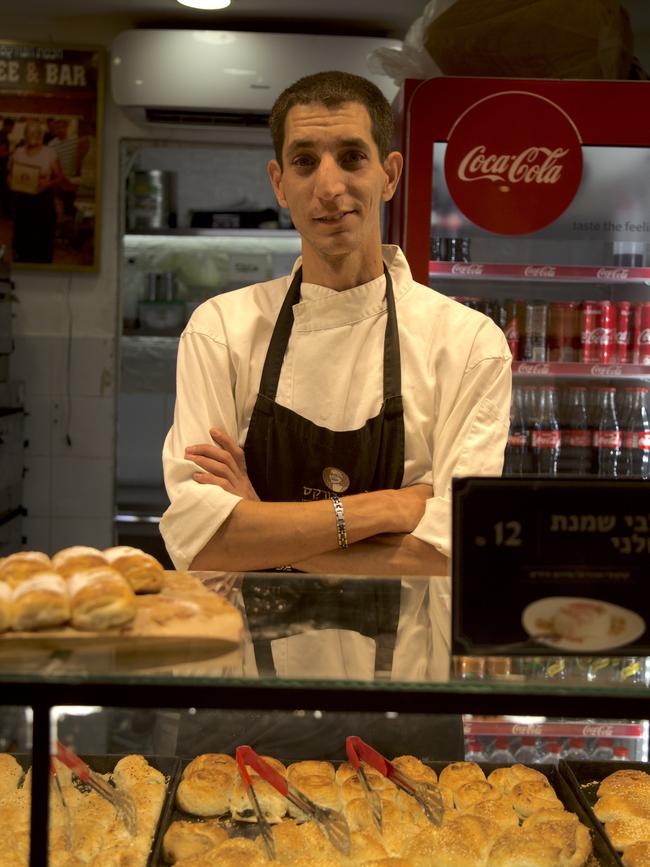
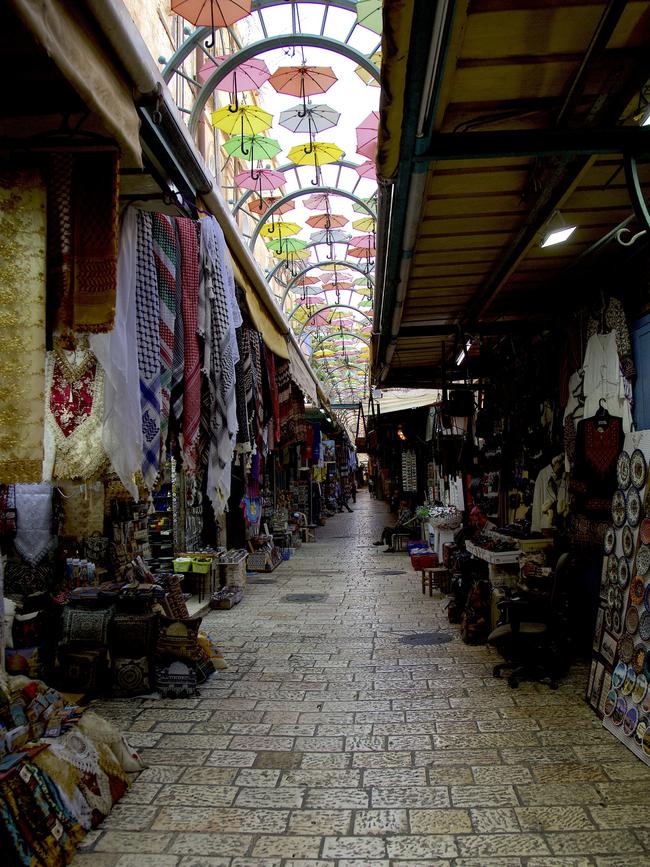
At many of these shops are signs telling Israeli soldiers they’re entitled to a discount, or free food entirely, provided they’re in uniform.
Mr Reuven said whatever he doesn’t sell in bourekas is destined for donation at the close of business.
Across the aisle at the Tsur David Smokehouse, a hole in the wall serving BBQ’d meats, and where Randy Travis croons over the speakers, Moshe Perzner dons a bright red cowboy hat and takes orders from customers.
He says business is suffering at the moment.
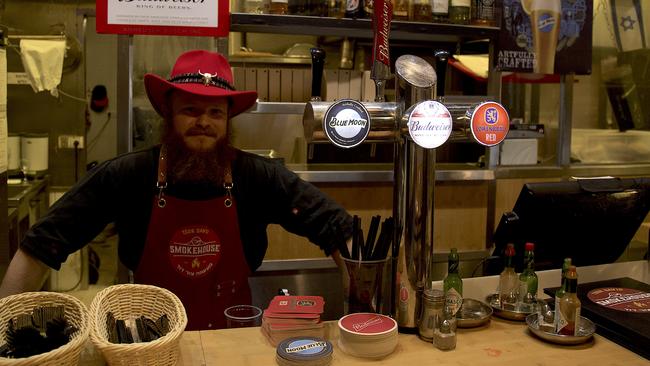
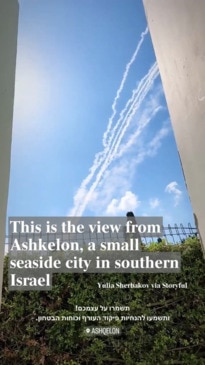
“People are afraid to leave the house,” he said.
“People are also holding on to their money. This isn’t a grocery store. You don’t buy bread here – it’s luxury food.”


